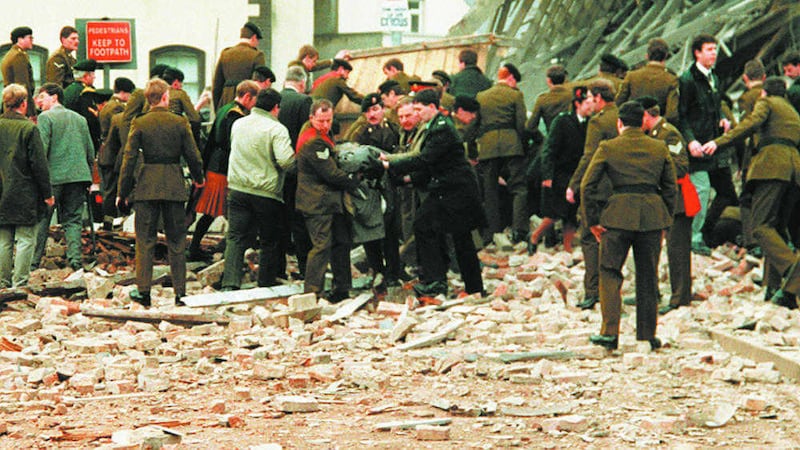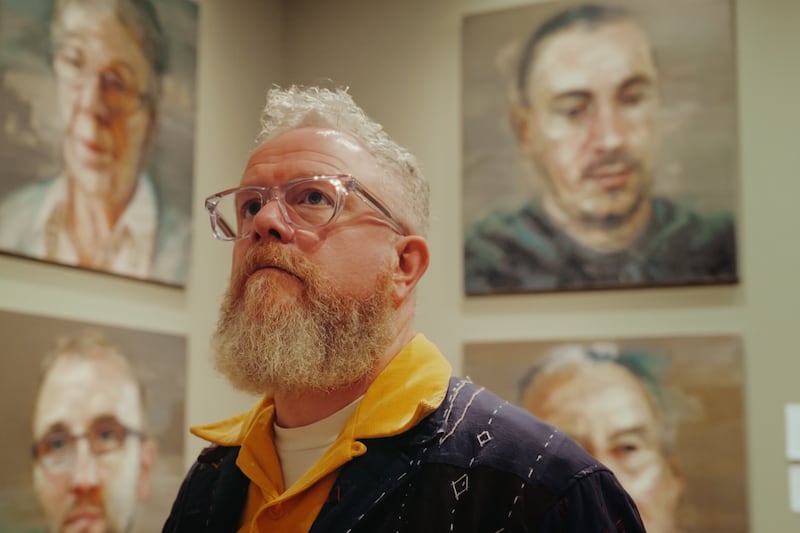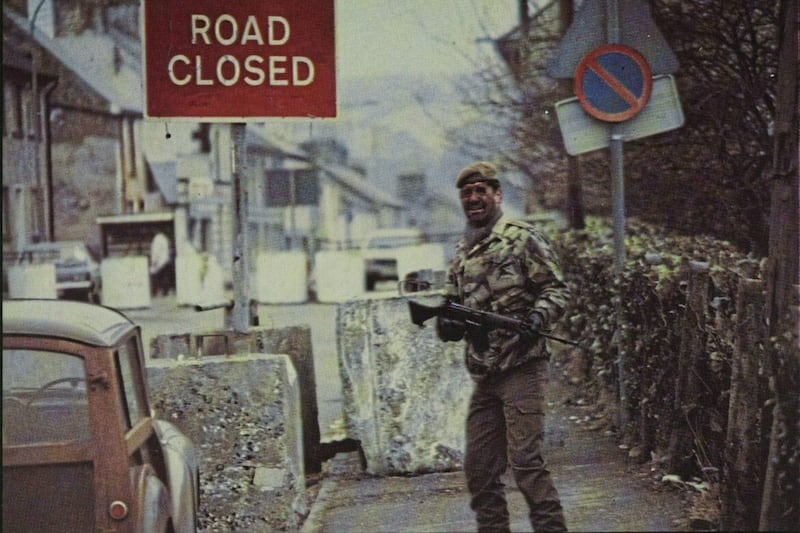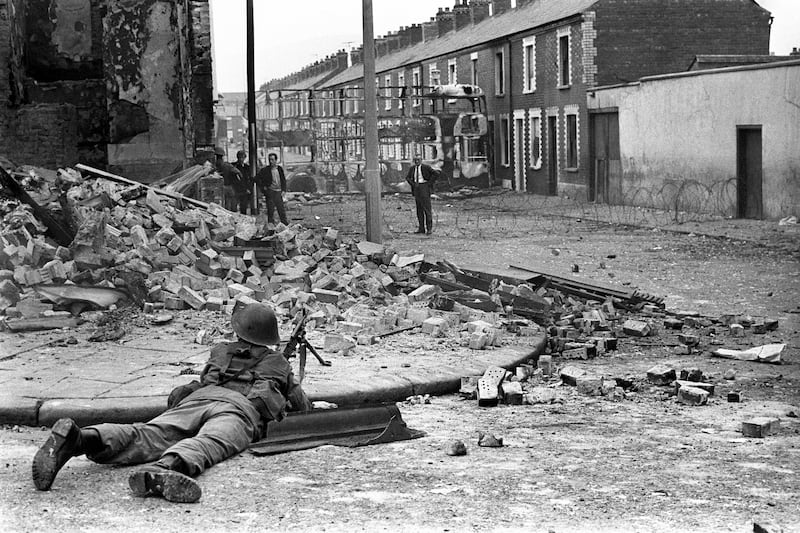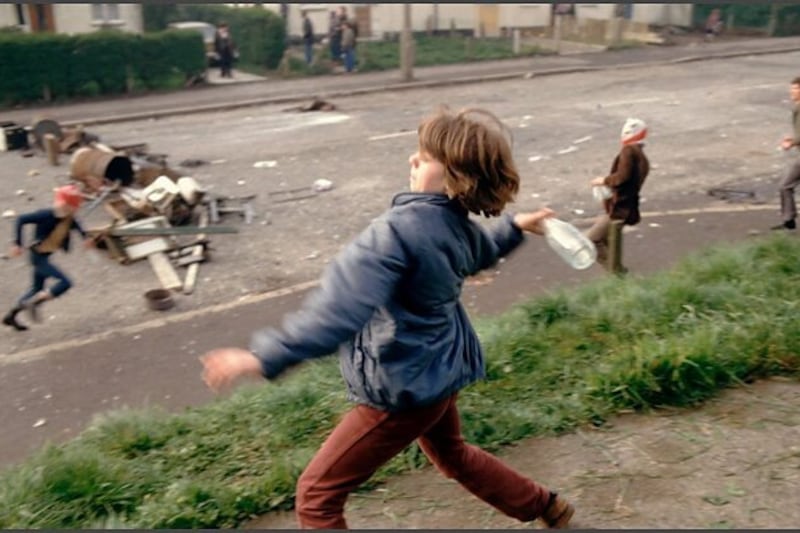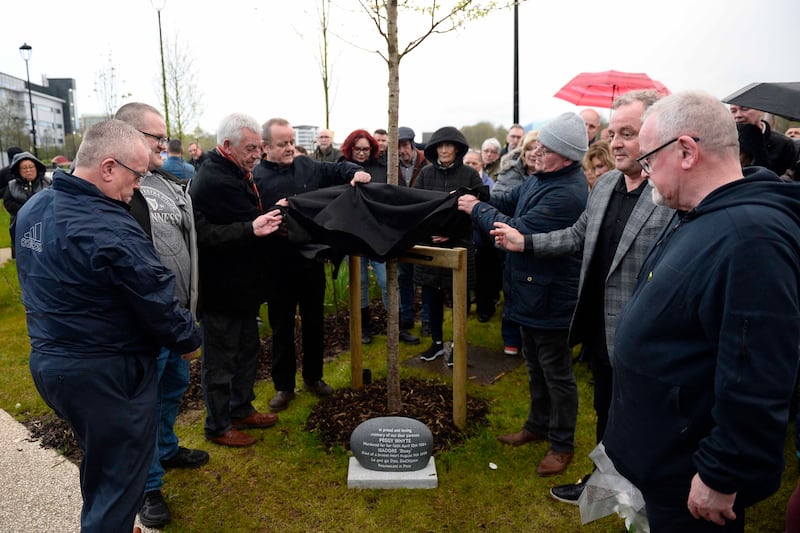A QUARTER of young people in the Republic admit not knowing key events of the Troubles, according to a poll released ahead of the 25th anniversary of the Good Friday agreement.
The survey also found that those people under 35 were more likely to attribute the majority of the killings during the conflict to the British Army, as opposed to the Provisional IRA.
Only 7 per cent said they received most of their information in the classroom, indicating that young people learn about the Troubles on social media instead of school.
The poll of more than 1,000 people, conducted on behalf of the Sunday Times, also shows that more than 90 per cent of respondents don't know how many people died during the 30-year conflict.
About four in five do not know about Northern Ireland’s civil rights movement, internment or the Disappeared. Only a quarter knew about the Enniskillen bombing and less than a fifth knew about the Warrington or Brighton bombings. Less than 15 per cent knew about the massacres of the Miami Showband, Kingsmill and Ballymurphy.
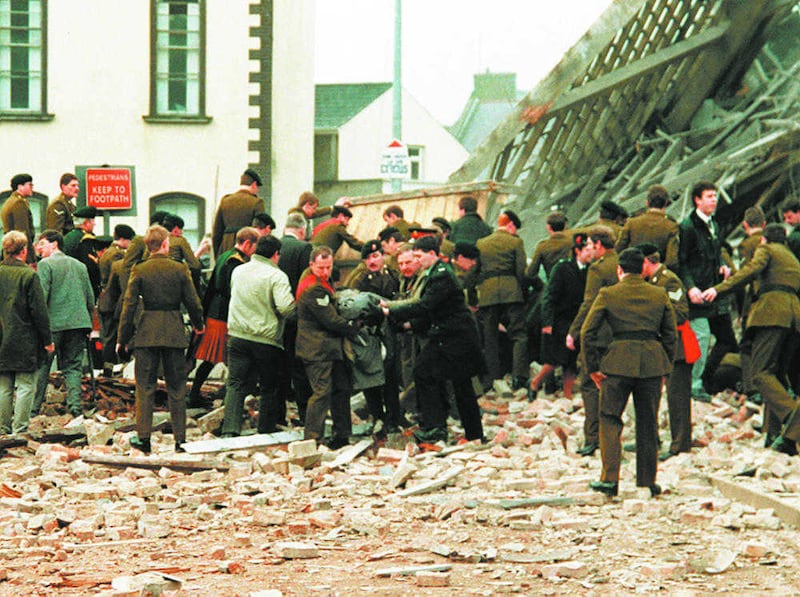
When it comes to the peace process, many young people did not know the roles of key advocates.
Although 90 per cent of the generation over 55 who lived through the Troubles credited John Hume, the former SDLP leader who won a Nobel peace prize for his work in the peace process, 41 per cent of young people said they did not know he had played a role.
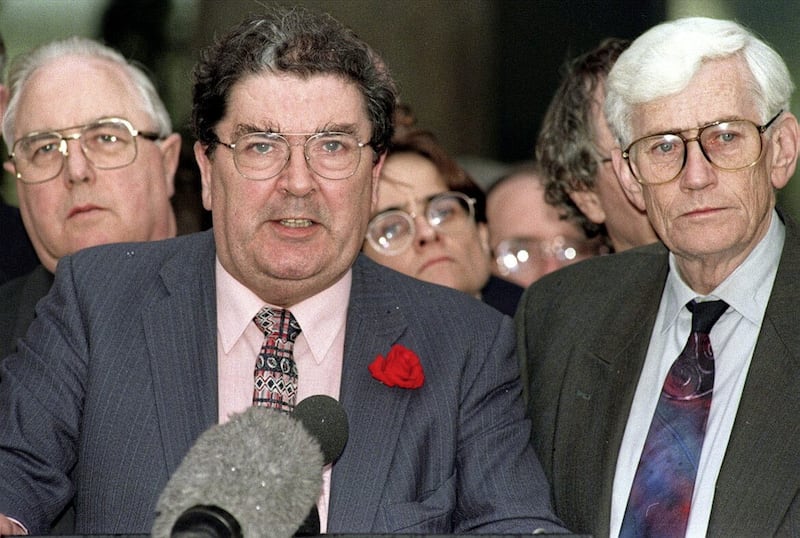
One in four did not recognise the roles played by any of the key actors and one in five admitted they had never heard of Mo Mowlam, the former secretary of state, Seamus Mallon, former deputy leader of the SDLP, or the former US senator George Mitchell.
According to the overall poll, the British Army (26 per cent) and republican paramilitaries (25 per cent) were equally likely to be thought to be responsible for the most deaths during the Troubles. But those under the age of 35 were significantly more likely to feel that the British Army was directly responsible for the most deaths (37 per cent).
Reacting to the poll both Leo Varadkar and Micheál Martin criticised attempts “to rewrite history”.
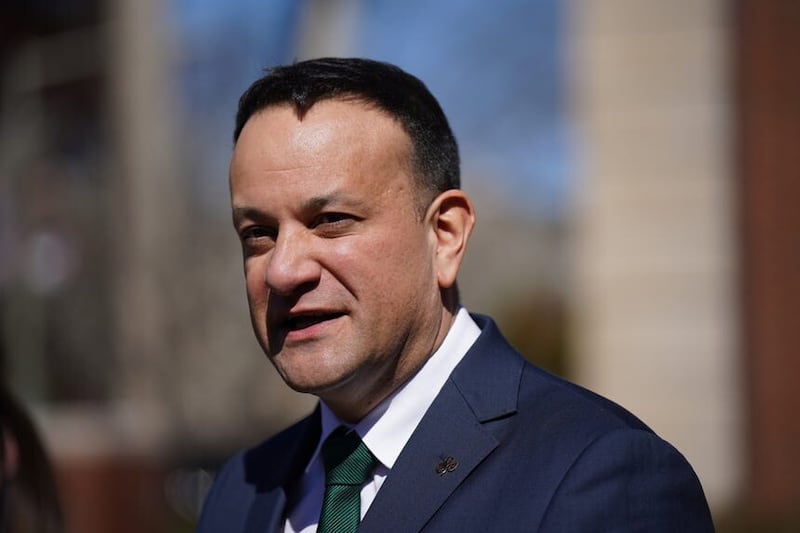
The taoiseach said it was important that people of all ages had a "good understanding of our national story and our history, warts and all".
"Far too many people try to rewrite our history to suit their own objectives," the Fine Gael leader said.
“The best antidote to that is debate, truth and facts, unvarnished. In the fullness of time I believe future generations will reject those who claim atrocities were done in our name. They will learn the stories of men, women and children killed, maimed and sexually abused, and bodies dumped in bogs with no dignity or respect."
The tanaiste and minister for foreign affairs said there had been "clear attempts to rewrite history", adding that the Provisional IRA and Sinn Féin had "been to the fore in this".
"They aren’t satisfied with just remembering and understanding the truth of the Troubles," he said.
“They try to recreate a false history of what actually happened – the fact is the vast majority of civilians killed in the Troubles were killed by the IRA. In addition, it is a fact that atrocities were carried out by the British Army and loyalist paramilitaries."
When contacted by The Sunday Times Mary Lou McDonald and Sinn Féin declined to comment on the poll.
